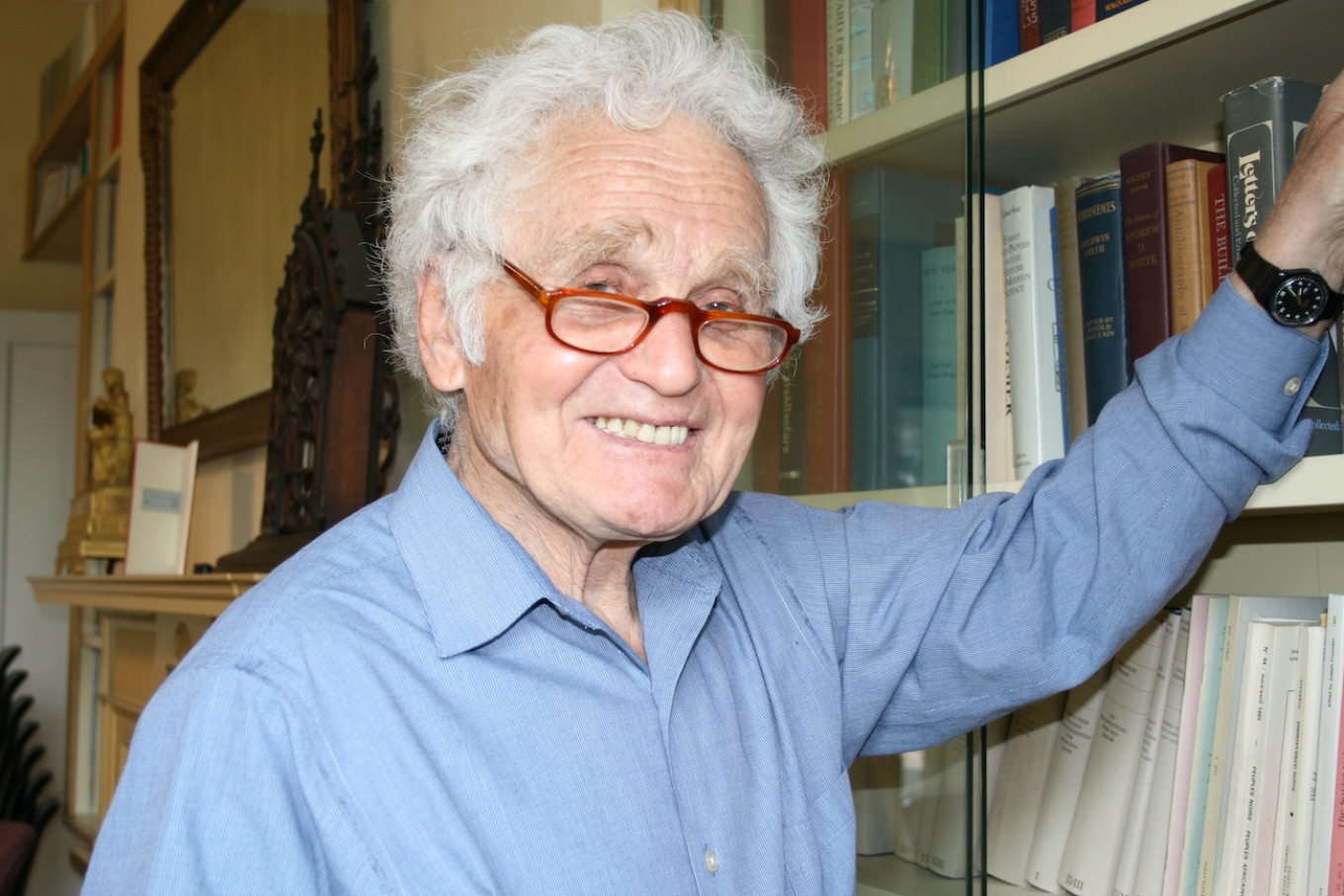
Yury Orlov, a Soviet physicist, dissident and founder of Russia’s oldest human rights organization the Moscow Helsinki Group, died at age 96 on Sunday, the rights group said Monday.
Orlov co-founded the Soviet branch of Amnesty International before founding the Moscow Helsinki Group with other dissidents in 1976. The organization got its name from its mission to monitor Soviet compliance with the 1975 Helsinki Accords, an agreement that included guarantees of basic freedoms and aimed to improve ties between the Communist bloc and the West.
“He lived a long and active life, teaching his beloved physics to the last and continuing to stand by the human rights movement,” the Moscow Helsinki Group said on its website.
It did not specify the cause of Orlov’s death.
Orlov first encountered Soviet political repression in 1956, when a prestigious physics institute fired him and banned him from scientific work in Moscow after he gave a pro-democracy speech. According to Cornell University, Orlov spent the next 16 years in Armenia, where he designed an electron-synchrotron particle accelerator and became the head of a laboratory and a professor.
In 1977, the KGB arrested Orlov in Moscow and sent him to a gulag labor camp for “anti-Soviet agitation and propaganda,” according to his biography. He received the first of his several Nobel Peace Prize nominations while in exile in Siberia.
Orlov was freed in 1986, stripped of Soviet citizenship and deported to the United States as part of a prisoner swap involving U.S. journalist Nicholas Daniloff and Soviet spy Gennady Zakharov.
He arrived at Cornell in December 1987, working there as senior scientist and professor of physics and government until his passing.
He became an American citizen in 1993 and, according to Cornell, was barred under Russian law from membership in the Moscow Helsinki Group as a “foreigner.”
Orlov’s passing comes less than two years after another driving force behind the Soviet civil rights movement, Lyudmila Alexeyeva, died at age 91 in December 2018.
